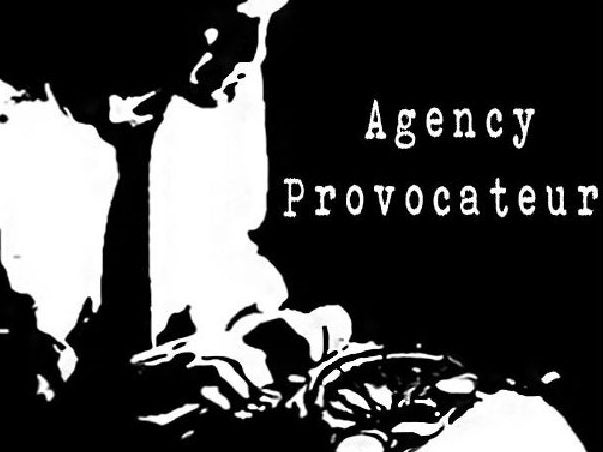
If President Lincoln filed his Gettysburg Address to the Daily Telegraph today, and they used it in full, he’d get £40 for it.
The most famous speech in American history is 272 words long and famously began ‘Four score and seven years ago’. Unfortunately, at today’s payment rates, that word count is worth two score – £40 – from Britain’s best-selling broadsheet.
Abe would still have 28 words to play with – £40 covers stories up to 300 words long – so he could add a few choice phrases to make up the total. I can think of a couple.
He probably would have got twice that 20 years ago, or more when the papers paid far more for stories from agencies, freelances and dead US presidents (probably.) Not that I’m saying the Civil War speech is only worth £80, but you get my drift.
It’s a well-worn moan but as our costs have risen, payment rates have gone down. A page lead in the Express is now £100 where it was £125-150 in the last century. Filler rates never used to be less than £20 but getting £15 is not uncommon now.
Of course, the papers like to say “we’ll pay top dollar for exclusives” but the truth is that most don’t. Even exclusives get less today. You can get £500 for a story that would once have got you £750 and £750 for a story that would once have been worth £1,000 or more.
The Mirror group papers, the Mail and even The Sun have cut these rates. Now and again you’ll get a remittance where one or two payments suddenly seem a little light. You complain and someone tells you it was an admin error and you get the extra. But, cynical as we agencies are, we reckon it’s deliberate and that if enough people don’t complain, the lower rate becomes the norm.
In the end the papers lose out. Many agencies no longer file all-rounders as the returns are so low. They concentrate on exclusives, pictures, features, magazine work, PR jobs, corporate contracts and anything rather than the day-to-day bread and butter that once filled papers.
Doing a job for a PR company may be frustrating at times but you negotiate a rate, they stick to it and they pay.
Few agencies still cover court cases or inquests on the off chance of a good story but they’ll have a photographer following TOWIE cast members for a photo that can go on Mail Online while reporters scroll through celebrity Twitter feeds for an easy-to-sell story on someone being rude to Piers Morgan. And who can blame them (the reporters I mean but I suppose it could equally apply to those being rude to Piers).
It’s all about quantity not quality. Online stories are worth £25 or £40 depending on who is paying so you have to get a lot of them used to make it worthwhile. But there’s room for loads of them.
Of course, some papers will try and weasel out of even those small payments, claiming it’s the same story they used in the paper so you don’t get any extra. Online is ‘simply another edition’ of the main paper is what they argue to us, though you doubt they say the same to advertisers.
Still, at least you can still read 13 pages of the Daily Mail telling its readers not to vote for Jeremy Corbyn. Which is a bit like Vegetarian News devoting 13 pages to telling its readers not to eat veal.
Email pged@pressgazette.co.uk to point out mistakes, provide story tips or send in a letter for publication on our "Letters Page" blog
